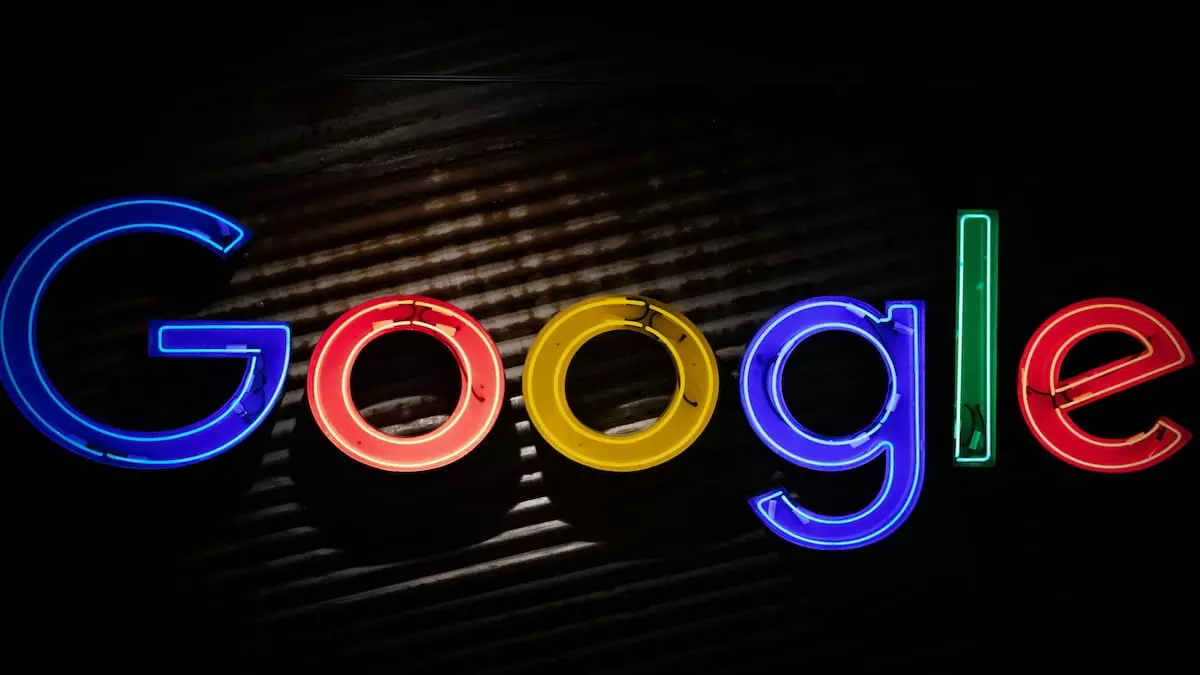The recently announced collaboration between Google and Magic Leap has sparked excitement in the extended reality (XR) space. Despite both companies facing challenges in the augmented reality (AR) market in the past, this partnership aims to combine their strengths in optics and technology infrastructure. Google’s initial venture with Google Glass received mixed reviews from consumers and failed to gain significant market traction. Similarly, Magic Leap, once considered a pioneer in AR technology, struggled to find a profitable niche. However, both companies have continued to explore opportunities in the XR space, with Google also working on a mixed reality headset project with Samsung and Qualcomm.
According to Magic Leap’s CTO, Julie Larson-Green, the partnership with Google will accelerate the development of immersive XR experiences for developers and consumers. While specific products and services resulting from this collaboration have not been detailed, it is expected to lead to significant innovations in the AR/XR market. One potential outcome could be the development of a new headset that seamlessly blends physical and digital realities. Additionally, there is interest in integrating Google’s AI capabilities into the XR ecosystem, opening up new possibilities for user interaction.
The entry of a combined Google-Magic Leap effort into the metaverse hardware and experiences market could shake up the competitive landscape currently dominated by Meta and Apple. This increased competition is likely to benefit consumers by providing more options and potentially driving down costs for advanced XR technologies. Google’s motivation for entering into this partnership with Magic Leap likely includes a desire to re-establish itself in the AR/XR market and acquire valuable patents and methodologies. For Magic Leap, this collaboration represents a strategic shift towards collaboration and technology licensing, leveraging Google’s extensive resources and market reach.
While specific products and services resulting from this partnership have not been announced, there is speculation that a new AR/XR headset may be on the horizon. This device could integrate advanced AI features, offering users innovative ways to interact with physical and digital environments. The broader impact on the metaverse market is expected to be substantial, with projections indicating significant growth driven by investments from major tech players such as Meta, Microsoft, and Nvidia. The partnership between Google and Magic Leap holds great potential for advancing XR technology and transforming the market landscape.
As the XR market continues to evolve, the collaboration between Google and Magic Leap will be closely monitored by industry stakeholders and consumers alike. Anticipating significant advancements in the near future, industry experts are optimistic about the potential for groundbreaking immersive experiences that blend the physical and digital worlds. The combined expertise of Google and Magic Leap has the power to reshape the XR market and drive innovation to new heights, offering consumers a wide range of exciting possibilities in the metaverse.

